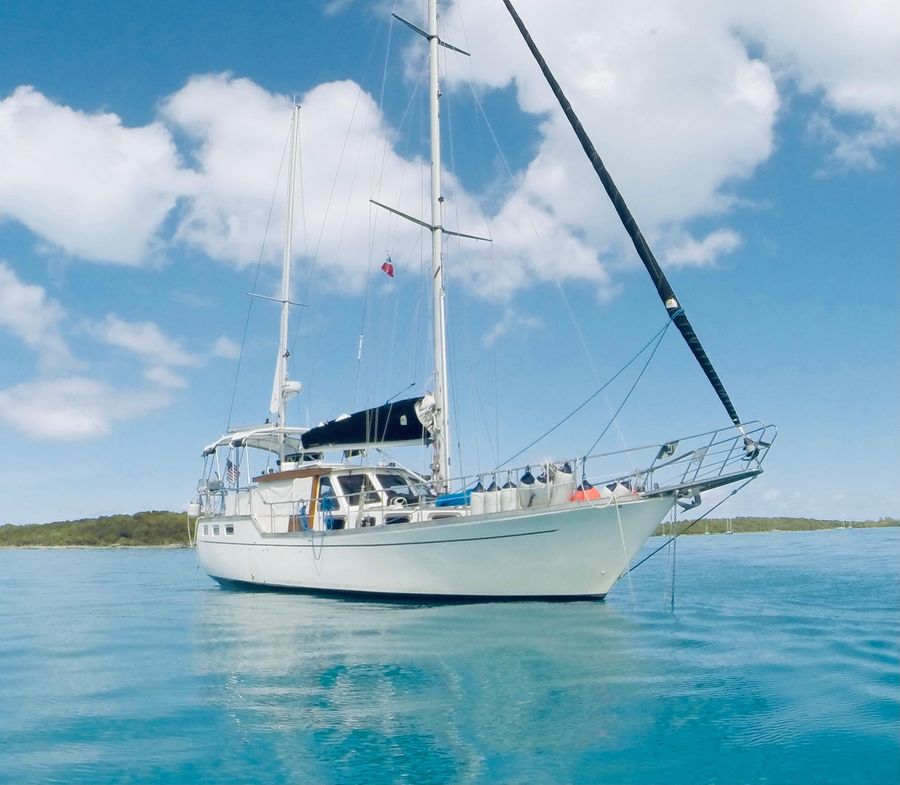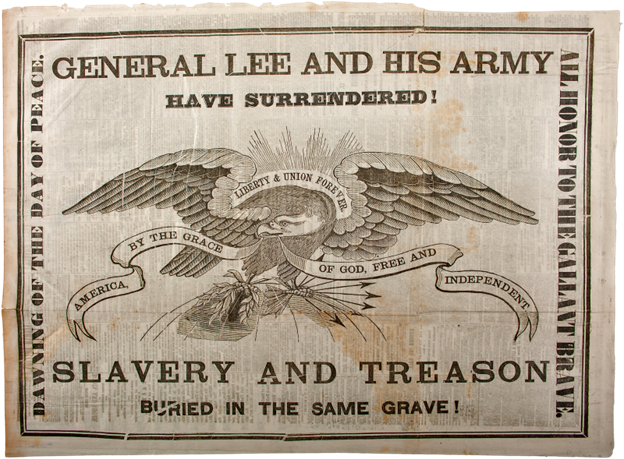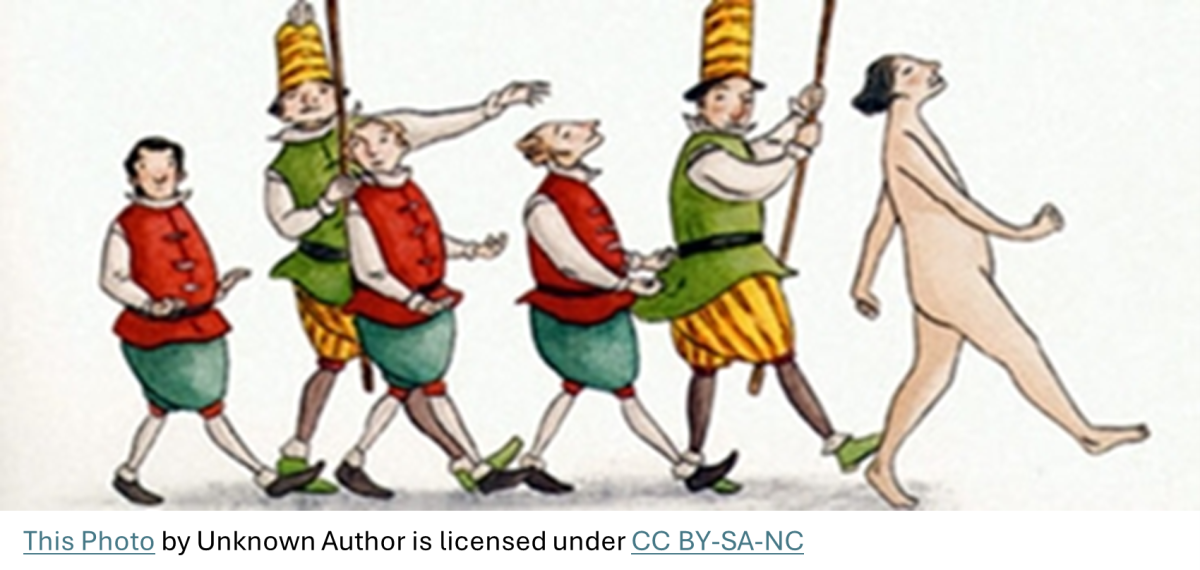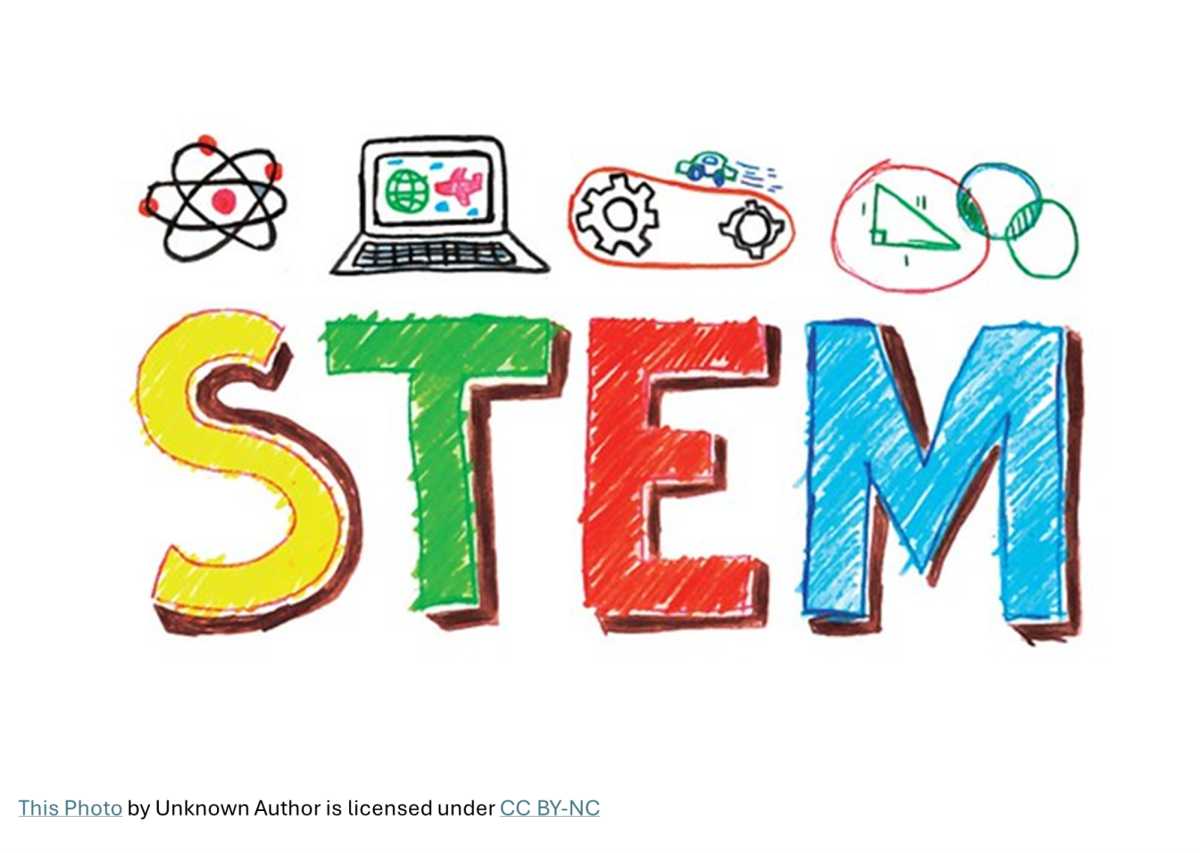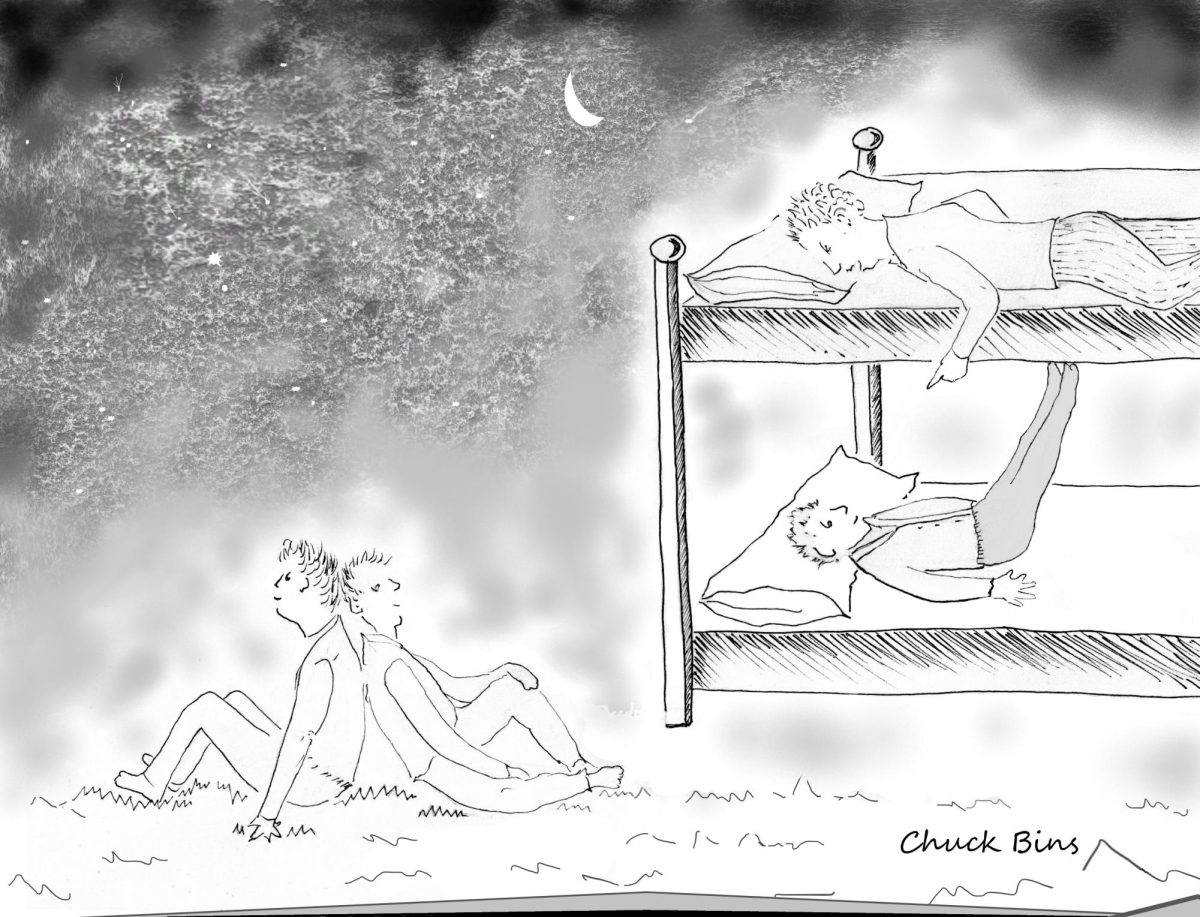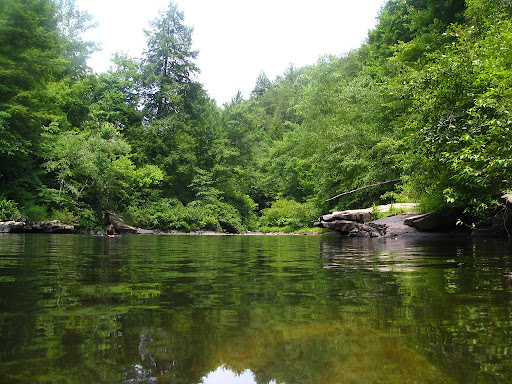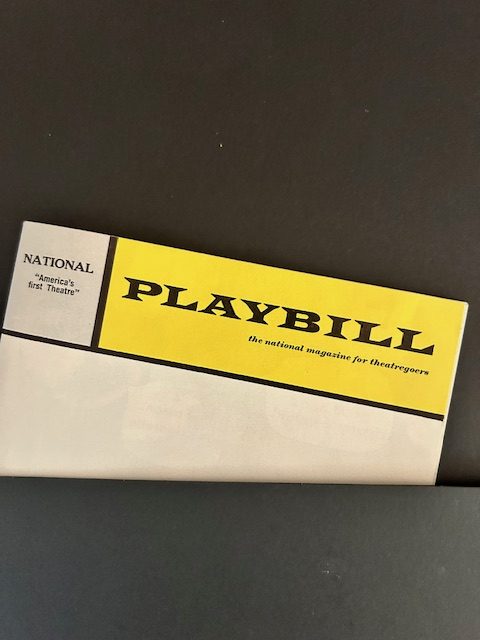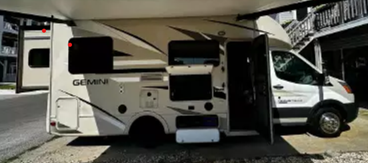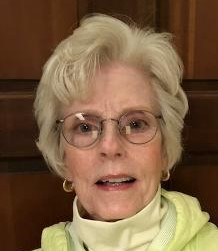Cabin lights flickered as ear-splitting claps of thunder shook our sailboat, secured in a slip on the transient dock of a marina along the Atlantic Intracoastal Waterway. My husband and I were on our way south for the winter like hundreds of snowbirds fleeing the cold northern latitudes for warm Florida or Caribbean waters until the migration reversed in the spring. A late October tropical storm hovered above us while we played backgammon after dinner in our snug cabin. Lightning flashes abated but sideways rain intensified with the wind. Our ship’s bell chimed.
The dockmaster, dressed in foul weather gear, yelled that he was checking the lines of all boats tied on our dock, then gave us a thumbs up as the barometer slid down. We awaited torrents of rainwater pounding on deck and splashing against secured portholes. Our blue-water, ketch-rigged Nauticat Motorsailer, manufactured in Finland, experienced her sea trials in cold, windy fjords; she could easily withstand this storm. We were one of the few boats allowing occupants a good night’s sleep from reports we heard the next morning, but the storm left a chill in its wake.
We headed south in “the ditch” after breakfast, waiting for the sun to pierce clouds; instead, a foggy mist enveloped us. It was sweater weather. A little bird hopped on deck and used one of our wet windshields as a sliding board. He fluttered his wings to get to the top, slid down, and repeated the playful performance again and again to our amusement. The three of us motored along the waterway all morning. When the fog lifted, the little bird flew away.
Later in the afternoon, we admired the changes in scenery until we noticed trees snapped in half from an earlier hurricane. We were happy not to have been present during that storm. Then our 90 hp diesel engine started to misbehave. Warm, damp conditions can cause microbes to flourish in diesel fuel tanks and we had neglected to use a preventive additive. We called the nearest marina to make overnight docking arrangements where necessary repairs could be made to eliminate further problems. We tied our boat in a slip at the marina, settling in for the night. The next morning, while my husband walked down the dock to the dockmaster’s office, I stowed a table and opened the engine room door in preparation for engine repairs. A distinguished gray-haired, green-eyed man appeared who wore a natural hued Aran sweater and spoke with a Scottish brogue. He asked if I was experiencing engine trouble. I responded “yes” and he smiled, stating: “I can check the fuel filters and bleed the clogged fuel lines for you.”
Before stepping into the engine compartment, he asked if he could remove his sweater. I agreed. He rolled up the sleeves of his Tattersall shirt and went to work, manually bleeding the fuel lines
by sucking the fuel into his mouth to prime the siphoning hose. He spit the nasty liquid into a bucket I provided. When the man was satisfied that the fuel lines were clog free, I handed him paper towels to use at the galley sink to clean his hands before he slipped on his handsome wool sweater.
Then the man asked if I had any whisky to wash away the diesel fuel taste. I served him 18-year-old Macallan single malt Scotch. We sat in the main cabin and chatted as he sipped his wee dram. When asked where we were headed, I told him we planned to spend a few days in Georgetown before heading to Charlestown. He described his sailboat anchored in a cove across from the fuel dock and said he was on his way to Charleston to help with hurricane damage repairs. He told me to look him up when we arrived. I thanked him and asked what I owed. He refused payment, and I assumed my husband paid him in advance. We shook hands, agreed to meet in Charleston, and the man walked down the dock.
A short time later, my husband reappeared with supplies, saying it took longer than expected because the dockmaster was busy with other customers. I responded, “The nice man you sent was here and bled the fuel lines.” My husband replied, “What man?” We looked at each other in dismay!
I described the distinguished man and what he told me about himself. My husband and I walked down the dock to look for the man’s boat, but it wasn’t there. We asked the dockmaster about him, but he said no boat with a man of that description had been seen. We walked back to our boat and gazed at the clean fuel lines, wondering about the mystery man. I jokingly said my husband’s Irish luck brought us a Scottish Guardian Angel.
When we arrived in Charleston, we made inquiries at the address the mystery man gave me, but someone else lived there who never heard of the man we described. Further inquiries about him and his yacht met with the same response. We were perplexed and disappointed.
Several years later, I received genealogy prepared by a family member, including color photographs taken of several of my Scottish ancestors’ portraits painted in oil colors. One ancestor’s penetrating green eyes riveted my attention. He was an officer in the U.S. Navy and he along with his ship and crew were lost at sea somewhere beyond the coast of South Carolina during a hurricane in the year 1800. Had I discovered the identity of our Scottish Guardian Angel?
Each November, I wondered about our mystery man. What kind deeds might he be performing for others on All Saints’ Day or All Souls’ Day or The Day of the Dead? And I thought of him when I snuggled with my husband, safe aboard our sailboat on a dark and stormy night.

